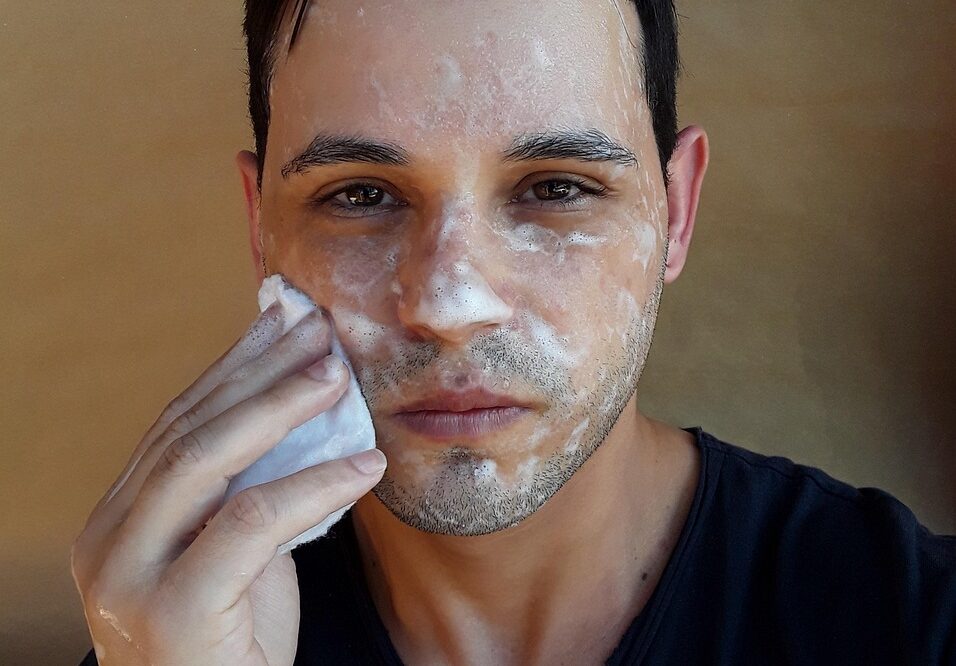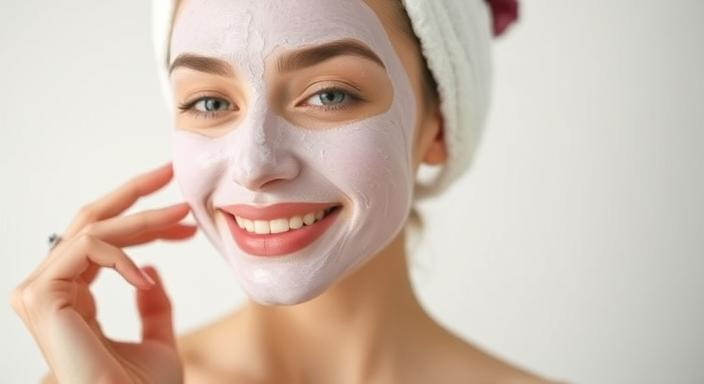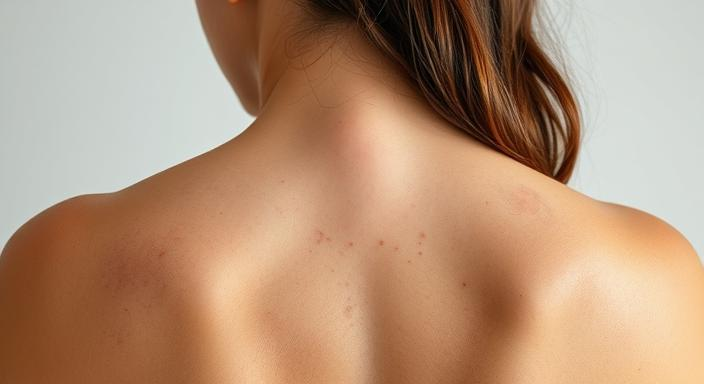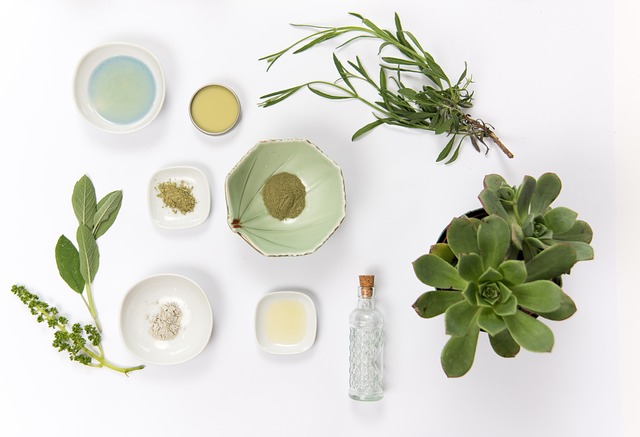Acne-prone skin needs gentle yet effective cleansing to remove excess oil, dirt, and bacteria without stripping the skin’s natural moisture. Many people wonder if traditional bar soap is a good choice for acne. Let’s explore whether it helps or harms acne-prone skin.
Pros of Using Bar Soap for Acne 👍
1. Deep Cleansing Action
Bar soaps create a rich lather that effectively strips away excess oil, dead skin cells, and surface impurities that clog pores. This thorough cleansing can help prevent new breakouts from forming when used properly.
2. Antibacterial Properties
Certain medicated bar soaps contain powerful acne-fighting ingredients like sulfur, neem, or tea tree oil that actively combat P. acnes bacteria – the main culprit behind inflammatory acne lesions and pustules.
3. Cost-Effective Solution
Compared to expensive acne treatment systems, basic bar soaps offer an affordable and widely available cleansing option that fits any budget while still providing decent cleansing benefits.
Cons of Using Bar Soap for Acne 👎
1. Harsh on Skin’s Moisture Barrier
Most traditional bar soaps have an alkaline pH (9-10) that disrupts skin’s natural acidic mantle (pH 4.5-5.5), leading to excessive dryness, irritation, and compromised skin barrier function that can actually trigger more breakouts.
2. Potentially Comedogenic Formulations
Many bar soaps contain pore-clogging ingredients like coconut oil, cocoa butter, or heavy fragrances that may worsen acne rather than improve it, especially for those with oily or combination skin types.
3. Residue and Film Buildup
The nature of bar soap often leaves behind a thin film that can trap bacteria, dead skin cells, and other impurities against the skin’s surface – creating the perfect environment for new breakouts to form.
Bar Soaps That Help Acne
✅ Acne-Friendly Soaps
- Sulfur soaps (antibacterial and exfoliating)
- Neem soaps (anti-inflammatory and antimicrobial)
- Glycerin-based soaps (gentle and non-drying)
- Charcoal/tea tree soaps (deep-cleansing and oil-controlling)
🚫 Acne-Aggravating Soaps
- Regular bath soaps (too harsh and alkaline)
- Fragranced beauty soaps (irritating and pore-clogging)
- Deodorant soaps (disrupt skin microbiome)
- Antibacterial soaps with triclosan (cause resistance)
How to Use Bar Soap for Acne-Prone Skin Effectively 🔍
- Choose Wisely:
- Safe Options: Look for acne-fighting bar soaps containing sulfur, zinc, tea tree oil, or charcoal.
- Avoid: Steer clear of soaps with heavy oils (coconut oil, palm oil, cocoa butter) and synthetic fragrances (listed as “parfum” or “fragrance” in ingredients). These can clog pores and trigger breakouts.
- Limit Use:
- Wash your face twice daily (morning and night) to prevent over-drying.
- After sweating heavily (from workouts, hot weather, etc.), do an extra gentle rinse with water and a tiny amount of soap to remove sweat and bacteria.
- Proper Technique:
- Use lukewarm water (hot water strips natural oils).
- Lather in hands first, then apply to skin—avoid rubbing the bar directly on your face.
- Massage gently for 20-30 seconds—no harsh scrubbing!
- Rinse thoroughly to prevent residue buildup.
- Follow Up Correctly:
- Tone: Use an alcohol-free toner (like witch hazel) to restore skin’s pH.
- Moisturize: Apply a lightweight, non-comedogenic moisturizer (look for “oil-free” or “gel-based”).
- Spot Treat: If needed, dab acne treatments (like benzoyl peroxide) on active breakouts.
- Storage Matters:
- Keep soap on a draining dish (not sitting in water) to prevent bacteria growth.
- Replace the bar every 4-6 weeks if using daily.
Final Verdict: Can You Use Bar Soap for Acne? ⚖️
While specially formulated acne bar soaps (with ingredients like sulfur or tea tree oil) can help when used properly, traditional bar soaps often do more harm than good for acne-prone skin. Most are too alkaline and harsh, stripping the skin’s natural moisture barrier and potentially worsening breakouts. If you choose to use bar soap, stick to acne-specific formulas, limit washing to twice daily, and always follow with moisturizer. For best results, a gentle pH-balanced facial cleanser is typically the safer choice for keeping acne under control without irritating your skin.
Best Shaving Practices to Avoid Acne
https://www.sciencedirect.com/science/article/pii/S2405844024176451
A Comparative study of the effects on the skin of a classical bar soap




